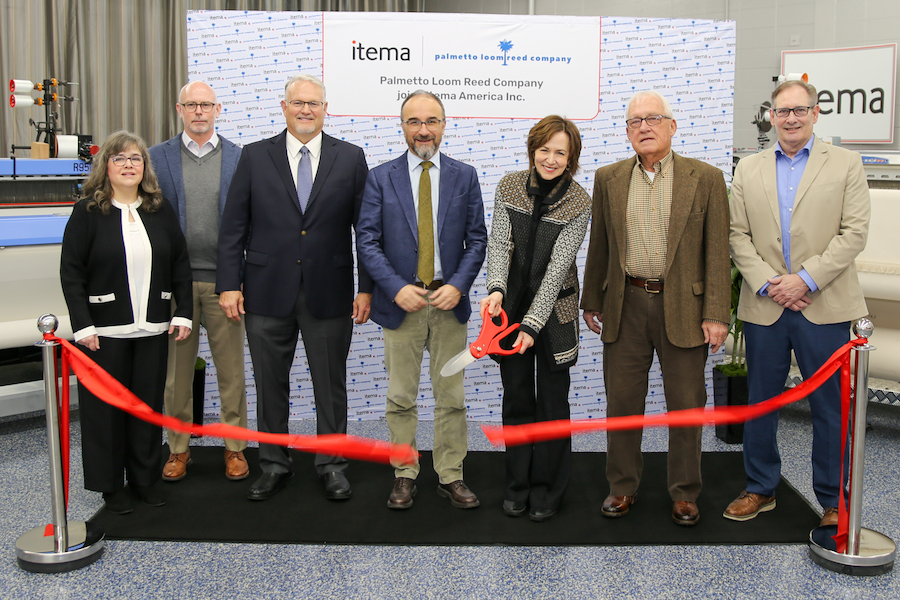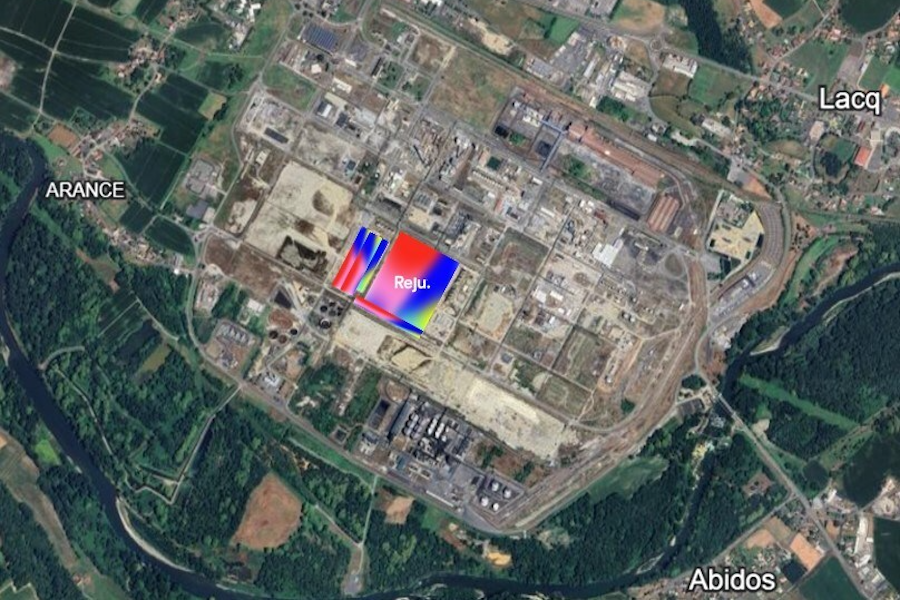#Europe
Winter 2021 Economic Forecast: A challenging winter, but light at the end of the tunnel
Economic growth poised to recover as containment measures ease
The Winter 2021 Economic Forecast projects that the euro area economy will grow by 3.8% in both 2021 and 2022. The forecast projects that the EU economy will grow by 3.7% in 2021 and 3.9% in 2022.
The euro area and EU economies are expected to reach their pre-crisis levels of output earlier than anticipated in the Autumn 2020 Economic Forecast, largely because of the stronger than expected growth momentum projected in the second half of 2021 and in 2022.
After strong growth in the third quarter of 2020, economic activity contracted again in the fourth quarter as a second wave of the pandemic triggered renewed containment measures. With those measures still in place, the EU and euro area economies are expected to contract in the first quarter of 2021. Economic growth is set to resume in the spring and gather momentum in the summer as vaccination programmes progress and containment measures gradually ease. An improved outlook for the global economy is also set to support the recovery.
The economic impact of the pandemic remains uneven across Member States and the speed of the recovery is also projected to vary significantly.
Inflation outlook to remain subdued
The forecast projects that inflation in the euro area is set to increase from 0.3% in 2020 to 1.4% in 2021, before moderating slightly to 1.3% in 2022. The inflation forecast for the euro area and the EU has increased slightly for 2021 compared to the autumn but is, overall, expected to remain subdued. The delayed recovery is set to continue dampening aggregate demand pressures on prices. In 2021, it will be temporarily pushed up by positive base effects in energy inflation, tax adjustments - especially in Germany - and the impact of pent-up demand hitting some remaining supply constraints. In 2022, as supply adjusts and base effects taper out, inflation is expected to moderate again.
High uncertainty and significant risks remain
Risks surrounding the forecast are more balanced since the autumn, though they remain high. They are mainly related to the evolution of the pandemic and the success of vaccination campaigns.
Positive risks are linked to the possibility that the vaccination process leads to a faster-than-expected easing of containment measures and therefore an earlier and stronger recovery. Also, NextGenerationEU, the EU's recovery instrument of which the centrepiece is the Recovery and Resilience Facility (RRF), could fuel stronger growth than projected, since the envisaged funding has - for the most part - not yet been incorporated into this forecast.
In terms of negative risks, the pandemic could prove more persistent or severe in the near-term than assumed in this forecast, or there could be delays in the roll-out of vaccination programmes. This could delay the easing of containment measures, which would in turn affect the timing and strength of the expected recovery. There is also a risk that the crisis could leave deeper scars in the EU's economic and social fabric, notably through widespread bankruptcies and job losses. This would also hurt the financial sector, increase long-term unemployment and worsen inequalities.
Members of the College said:
Valdis Dombrovskis, Executive Vice-President for an Economy that Works for People said: “Today's forecast provides real hope at a time of great uncertainty for us all. The solid expected pick-up of growth in the second half of this year shows very clearly that we are turning the corner in overcoming this crisis. A strong European response will be crucial to tackle issues such as job losses, a weakened corporate sector and rising inequalities. We will still have a great deal to do to contain the wider socio-economic fallout. Our recovery package will go a long way to supporting the recovery, backed up by vaccination roll-out and a likely upswing in global demand.”
Paolo Gentiloni, Commissioner for Economy said: “Europeans are living through challenging times. We remain in the painful grip of the pandemic, its social and economic consequences all too evident. Yet there is, at last, light at the end of the tunnel. As increasing numbers are vaccinated over the coming months, an easing of containment measures should allow for a strengthening rebound over the spring and summer. The EU economy should return to pre-pandemic GDP levels in 2022, earlier than previously expected – though the output lost in 2020 will not be recouped so quickly, or at the same pace across our Union. This forecast is subject to multiple risks, related for instance to new variants of COVID-19 and to the global epidemiological situation. On the other hand, the impact of Next Generation EU should provide a strong boost to the hardest-hit economies over the coming years, which is not yet integrated into today's projections.”
Background
The Winter 2021 Economic Forecast provides an update of the Autumn 2020 Economic Forecast which was presented in November 2020, focusing on GDP and inflation developments in all EU Member States.
This forecast is based on a set of technical assumptions concerning exchange rates, interest rates and commodity prices, with a cut-off date of 28 January 2021. For all other incoming data, including assumptions about government policies, this forecast takes into consideration information up until and including 2 February. Unless policies are credibly announced and specified in adequate detail, the projections assume no policy changes.
Crucially, the forecast hinges upon two important technical assumptions concerning the pandemic. First, it assumes that after a significant tightening in the fourth quarter of 2020, containment measures remain strict in the first quarter of 2021. The forecast assumes that containment measures will then begin to ease towards the end of the second quarter, and then more markedly in the second half of the year when the most vulnerable and an increasing share of the adult population should have been vaccinated. Second, it assumes that containment measures will remain marginal towards the end of 2021 with only targeted sectoral measures still present in 2022.
The incorporation of NextGenerationEU, including the RRF, in the forecast remains in line with the usual no-policy-change assumption and is unchanged from the Autumn Forecast. The forecast only incorporates those measures that have either been adopted or credibly announced and specified in sufficient detail, notably in national budgets. In practice, this means that the economic projections of only a few Member States take account of some measures expected to be financed under RRF.
This forecast takes into account that the EU and the United Kingdom agreed on a Trade and Cooperation Agreement, which is provisionally in application since 1 January 2021 and which includes a Free Trade Agreement (FTA).
The European Commission's next forecast will be the Spring 2021 Economic Forecast in May 2021.















